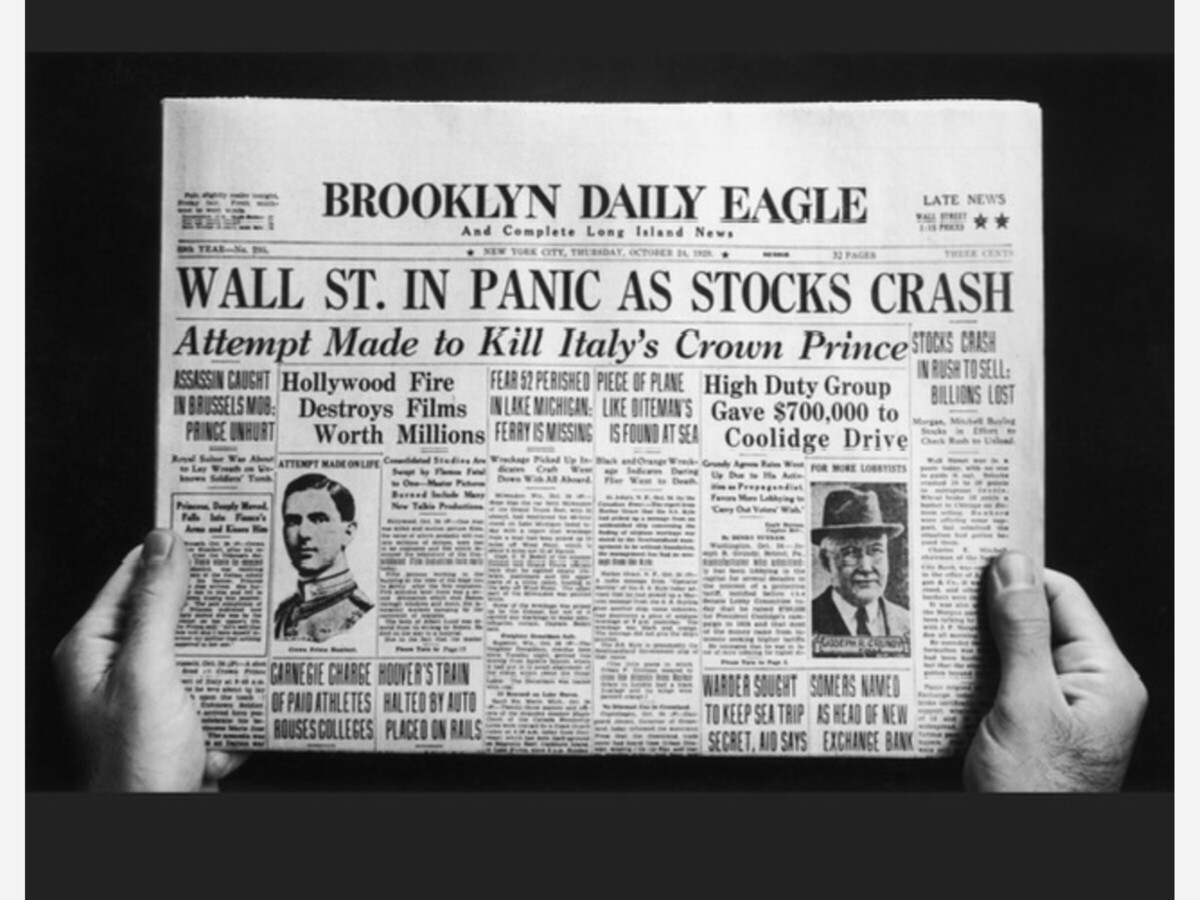Stock Market Crash: What You Need to Know
The stock market has been on a tear in recent years, but some experts are warning that a crash may be coming soon. There are a number of factors that could contribute to a crash, including rising interest rates, inflation, and geopolitical tensions.
What Causes Stock Market Crashes?
There are many different factors that can cause stock market crashes. Some of the most common causes include:
- Rising interest rates: When interest rates rise, it becomes more expensive for businesses to borrow money. This can lead to a slowdown in economic growth, which can in turn lead to a decline in stock prices.
- Inflation: When inflation is high, it erodes the purchasing power of consumers. This can lead to a decline in demand for goods and services, which can also lead to a decline in stock prices.
- Geopolitical tensions: When there are geopolitical tensions, such as wars or terrorist attacks, investors may become more risk-averse and sell stocks. This can lead to a decline in stock prices.
- Overvaluation: When stocks are trading at excessively high prices, they are more likely to experience a decline. This is because investors are more likely to sell stocks that are trading at prices that they believe are too high.
Why Do You Need to Be Aware of a Stock Market Crash?
Even if you don't invest in the stock market, you can still be affected by a stock market crash. This is because a crash can lead to a decline in economic growth, which can lead to job losses and a decline in your standard of living.
What Can a Stock Market Crash Mean for Households?
A stock market crash can have a number of negative consequences for households, including:
- Losing money in investments: If you have money invested in the stock market, you could lose money if there is a crash.
- Having less money to save for retirement: If you have money invested in the stock market for retirement, you could have less money to save if there is a crash.
- Having less money to spend: If you have less money in savings, you may have less money to spend on things like food, housing, and transportation.
- Being more likely to lose your job: A stock market crash can lead to a decline in economic growth, which can lead to job losses.
What Can You Do to Prepare for a Stock Market Crash?
There are a number of things you can do to prepare for a stock market crash, including:
- Diversify your investments: Don't put all of your eggs in one basket. By diversifying your investments, you can reduce your risk of losing money if there is a crash.
- Have an emergency fund: An emergency fund can help you to cover your expenses if you lose your job or have other unexpected expenses.
- Stay informed: Stay informed about the economy and the stock market so that you can make informed investment decisions.
Having a market crash like what happened in 1929 is not likely.
The 1929 stock market crash was caused by a number of factors, including:
- Overvaluation: Stocks were trading at excessively high prices in the years leading up to the crash. This made them vulnerable to a decline.
- Speculation: Many investors were speculating in the stock market, meaning they were buying stocks with borrowed money. This made the market even more vulnerable to a crash.
- Easy credit: Banks were lending money freely to investors, which made it easy for people to speculate in the stock market.
- Government inaction: The government did not take any steps to regulate the stock market, which contributed to the excessive speculation.
- Psychological factors: There was a sense of euphoria in the stock market in the years leading up to the crash. This made investors more likely to take risks.
The crash began on October 24, 1929, known as Black Thursday. Prices fell sharply that day, and many investors were forced to sell their stocks at a loss. The selling continued on October 29, known as Black Tuesday, and the Dow Jones Industrial Average lost 13% of its value.
The crash had a devastating impact on the economy. It led to the Great Depression, which lasted for over a decade. Millions of people lost their jobs and their homes, and the standard of living for many Americans declined sharply.
The 1929 crash was a major turning point in American history. It led to a number of reforms in the financial system, and it helped to create the modern regulatory framework for the stock market.
It is important to remember that no one can predict the future. A stock market crash may or may not happen. However, it is always a good idea to be prepared for the unexpected. By taking steps to protect yourself financially, you can reduce the impact of a stock market crash if it does happen.
